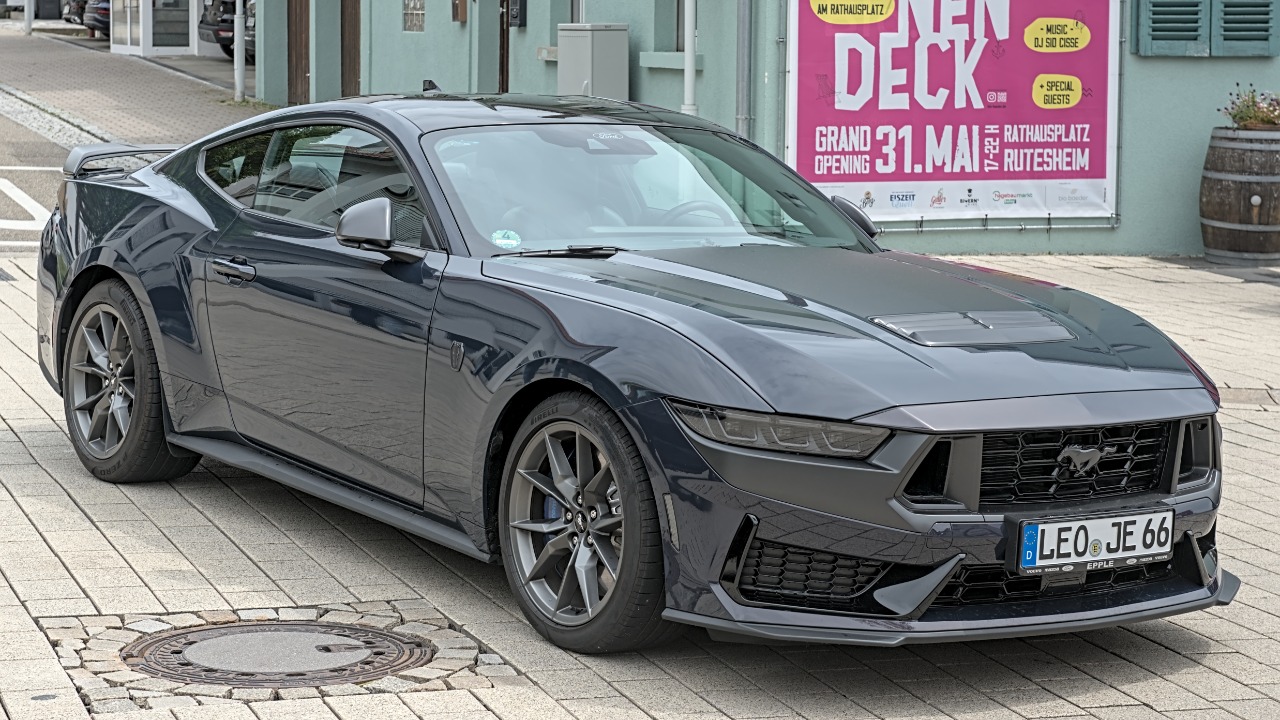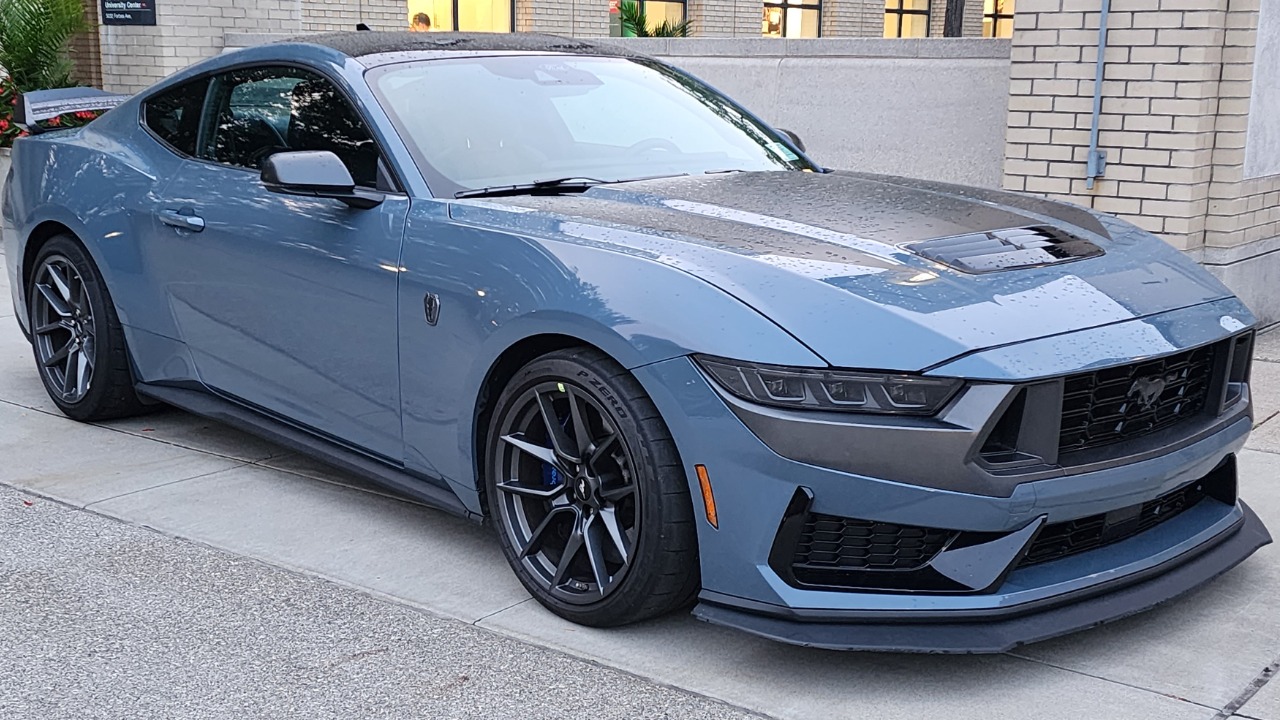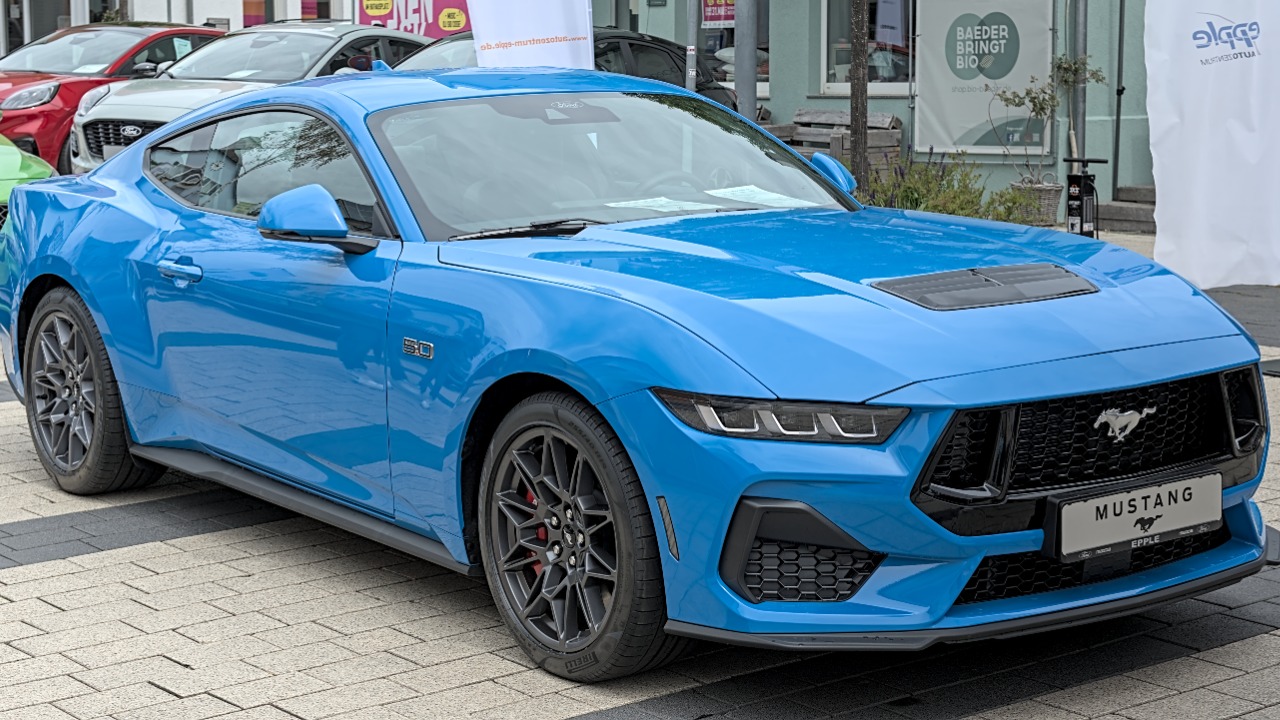The Ford Mustang, an emblem of American muscle cars, is reportedly on the brink of a significant evolution. The iconic vehicle is set to embrace a hybrid version, aligning with Ford’s broader trajectory towards an electric future for the Mustang lineup within the next five years.
Development of the Hybrid Mustang

Reports suggest that Ford is currently in the process of developing a hybrid version of the Mustang. This development is a part of Ford’s broader strategy to incorporate more sustainable technology into their vehicles. The CEO of Ford has also hinted at the possibility of a Mustang Sedan, suggesting the development of a hybrid powertrain source. This indicates that Ford is not only considering hybrid technology for the Mustang but also exploring how it can be incorporated into other models.
As of 2025, Ford is edging closer to launching the first-ever hybrid Mustang. This development marks a significant milestone in Ford’s journey towards a more sustainable future. The hybrid Mustang is expected to combine the power and performance of the traditional Mustang with the efficiency and sustainability of a hybrid vehicle source.
Transition to an Electric Future

While a 2024 Mustang Hybrid was reportedly cancelled, it is reported that most of Ford’s lineup will transition to electric within five years. This shift aligns with the broader industry trends and consumer demands for more sustainable vehicles source. The move towards electric vehicles (EVs) is not just a trend but a necessity in the face of growing environmental concerns and stricter emission regulations.
As the automotive industry moves towards an electric future, Ford’s decision to transition the Mustang lineup to hybrid is a significant step. The Mustang, with its iconic status and loyal fan base, could play a crucial role in shaping consumer perceptions and acceptance of electric vehicles.
It’s important to note that Ford’s decision to transition the Mustang lineup to hybrid is not just a response to industry trends and consumer demands, but also a strategic move to position itself as a leader in the electric vehicle market. Ford’s commitment to an electric future is evident in its significant investments in electric vehicle technology and infrastructure. The company has pledged to invest $22 billion in electric vehicles by 2025, indicating its serious commitment to this transition source.
Moreover, it could also be seen as a strategic move to leverage the Mustang’s iconic status to promote the acceptance of electric vehicles. By associating the Mustang brand with electric technology, Ford could potentially influence consumer perceptions and drive the adoption of electric vehicles. This strategy could also help Ford to differentiate itself in the increasingly competitive electric vehicle market.
Furthermore, the transition to electric is not just about the vehicles themselves, but also about the broader ecosystem that supports them. Ford’s move towards an electric future also involves the development of charging infrastructure, partnerships with energy providers, and initiatives to educate consumers about electric vehicles. This holistic approach is crucial for the successful transition to an electric future and could set a precedent for other car manufacturers to follow source.
Impacts and Expectations

The development of a hybrid Mustang could potentially influence the perceptions and market performance of hybrid and electric cars. Given the Mustang’s iconic status, a successful hybrid version could help to dispel any lingering doubts about the performance and reliability of hybrid vehicles. It could also set a precedent for other car manufacturers to follow, potentially leading to a broader acceptance and adoption of hybrid and electric vehicles.
A review of the 2025 Ford Mustang GT Convertible could provide insights into future developments and expectations for the hybrid version source. The review could shed light on the performance, features, and consumer response to the vehicle, providing valuable insights for the development of the hybrid Mustang.
As Ford transitions to an electric future, it could have significant implications for the broader automotive industry and competition. Other car manufacturers may be compelled to accelerate their own electric vehicle development to keep up with Ford. This could lead to a more competitive and innovative automotive industry, ultimately benefiting consumers with more choices and better technology.